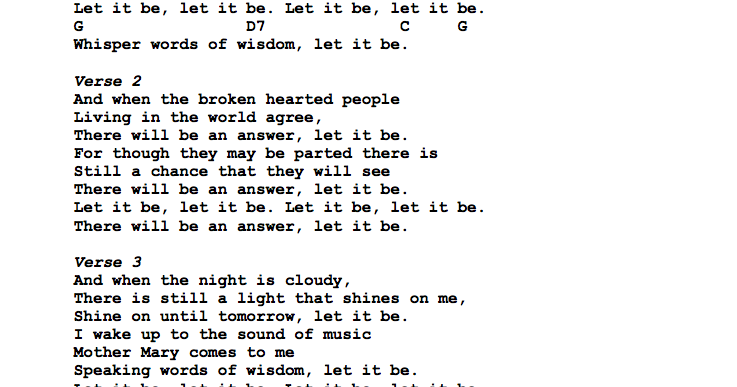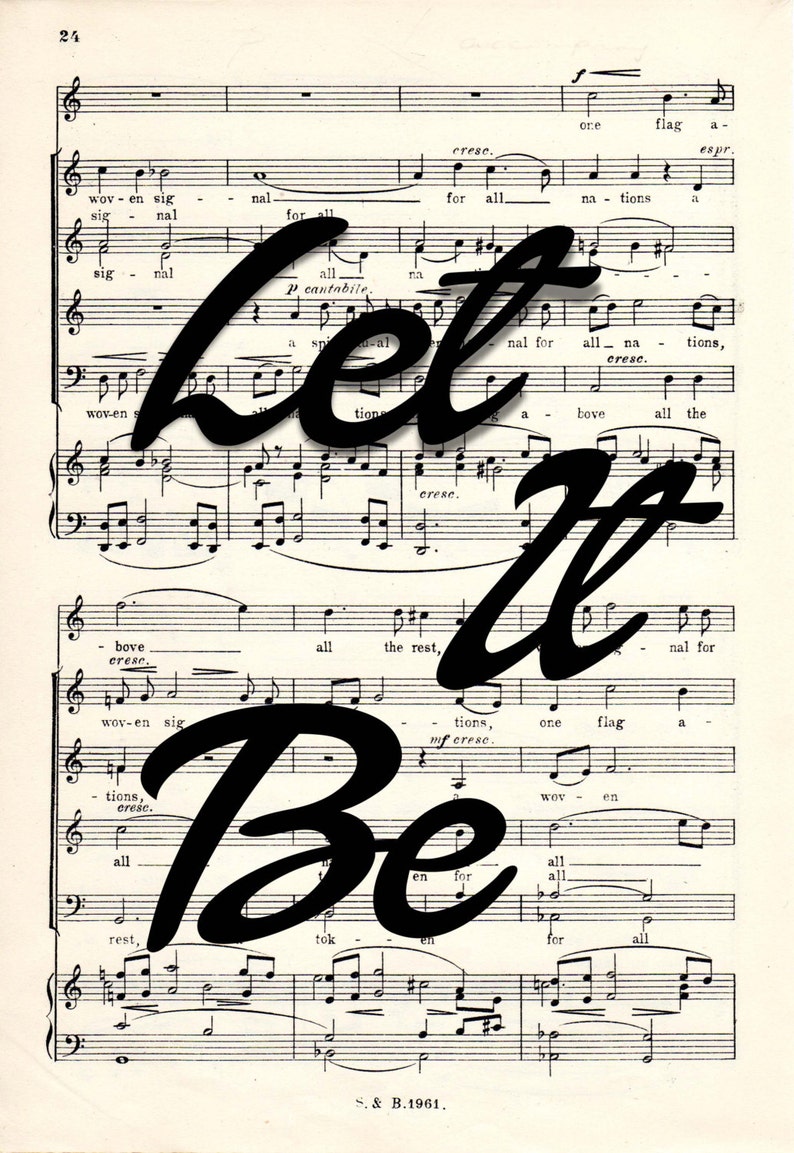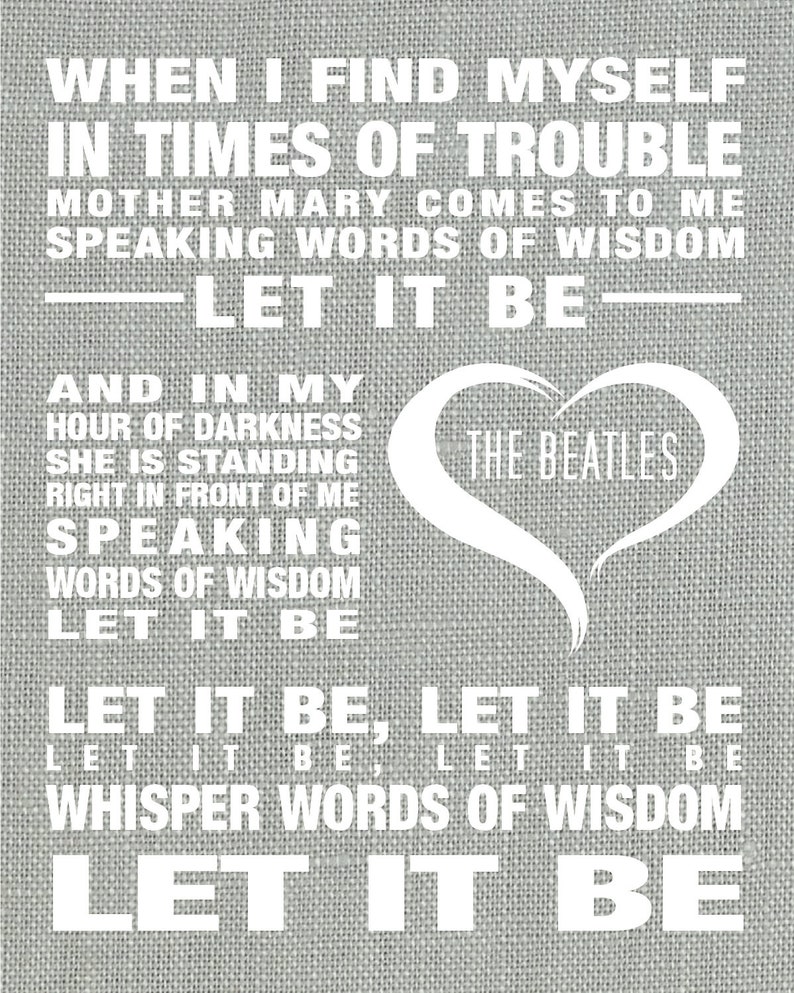

Giles Martin: My impression of it is that Paul and John kinda knew that they were growing apart and Let it Be was almost like a marriage that's failing and they wanna go back on their date nights again. Jon Wertheim: As you listen to all the recordings for this project, what impressions did you arrive at in terms of their chemistry?

And we don't know what songs we're gonna play. This is the biggest band on the planet saying we're gonna do- we're gonna do our first show in three years in three weeks' time. Jon Wertheim: Was that as much an absurd time pressure in 1969 as it would appear to be today? The Beatles had always been furiously productive but this was the creative process in double time: 14 songs in 22 days. And now you think, ok, that makes sense but it doesn't sing good. Jojo left his home, hoping it would be a blast, pretty soon he found that he'd have to be a loner with some California grass. Paul McCartney: Like I can make sense of it. When Peter Jackson enlisted him for this series, Martin plowed through all the hundreds of hours of audio and video. Giles grew up in the Beatles orbit and has since remixed most of the band's albums. Giles Martin is the son of late Beatles producer George Martin. And- and no one thing broke up the Beatles. I mean, Yoko didn't break up the Beatles.

Giles Martin: Yeah, I think that's a good thing, you know. Jon Wertheim: The casual fan looking for Yoko Ono broke up the Beatles might come away from this disappointed, I suspect. As long as we're here, let's dispense now with that famous bit of Beatles breakup mythology. There's Linda-Linda Eastman, at the time-taking photos. Here's what was being filmed: the four Liverpudlians in their late 20s, working collaboratively, surrounded by a strikingly small, tight entourage. John Lennon: Yeah, but the way I was playing it, it was starting on F. That's not what I'm- what- what we're seeing here. These are not guys that dislike each other. But- but any band, any time, has tho- has those- has those problems. I mean, it shows- you know, it shows issues. I was waiting for the narrative that I'd believed over the years to start happening. Peter Jackson: I was watching, I was waiting for it to get bad. Given that any Beatles fan will tell you that "Let It Be" comes shrouded in sadness-forever associated with the great divorce in rock and roll history-Jackson braced for the gloomy worst. I just put up my hand and said, "Well, if- if you are looking for somebody to make it- don't- please just- think- think of me."īack in New Zealand, Jackson began the ultimate binge-watch, screening this musical motherlode, frame by frame. We've got 130 hours of audio." And then they said that they were thinking about making a documentary using the footage. Peter Jackson: They just said, "we've got it all. His Tolkien-like quest took him deep under the London headquarters of Apple Corps, the Beatles' label. A lifelong Beatles fan, Peter Jackson had always wondered, what had happened to all those hours of unseen footage? The months' worth of filming yielded only the forgettable 80-minute documentary, "Let It Be," released a year later, after the Beatles broke up. But see that's the thing that will make it not corny is if we sing different words. Paul McCartney: I mean, corny is alright in this one because what he's doing is corny. And they had to- they had to figure out where and how they were gonna perform to an audience.Īs the Beatles wrote and rehearsed, they allowed a film crew to capture every riff, both on guitar and in conversation. And they're not gonna do any studio tricks. So they're gonna record a new album with songs that only - that they're only gonna play live. They've lost being the four guys playing in a band. Peter Jackson: They've lost what they loved as teenagers. Under what circumstances was this footage shot? Jon Wertheim: So give us some historical context here.


 0 kommentar(er)
0 kommentar(er)
